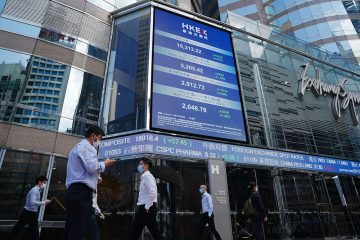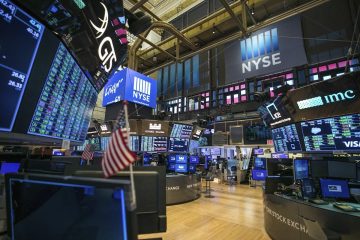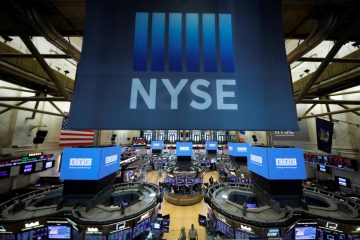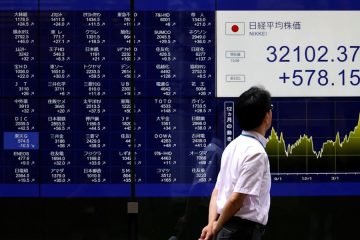Financial markets are deceiving themselves into thinking they are safe.
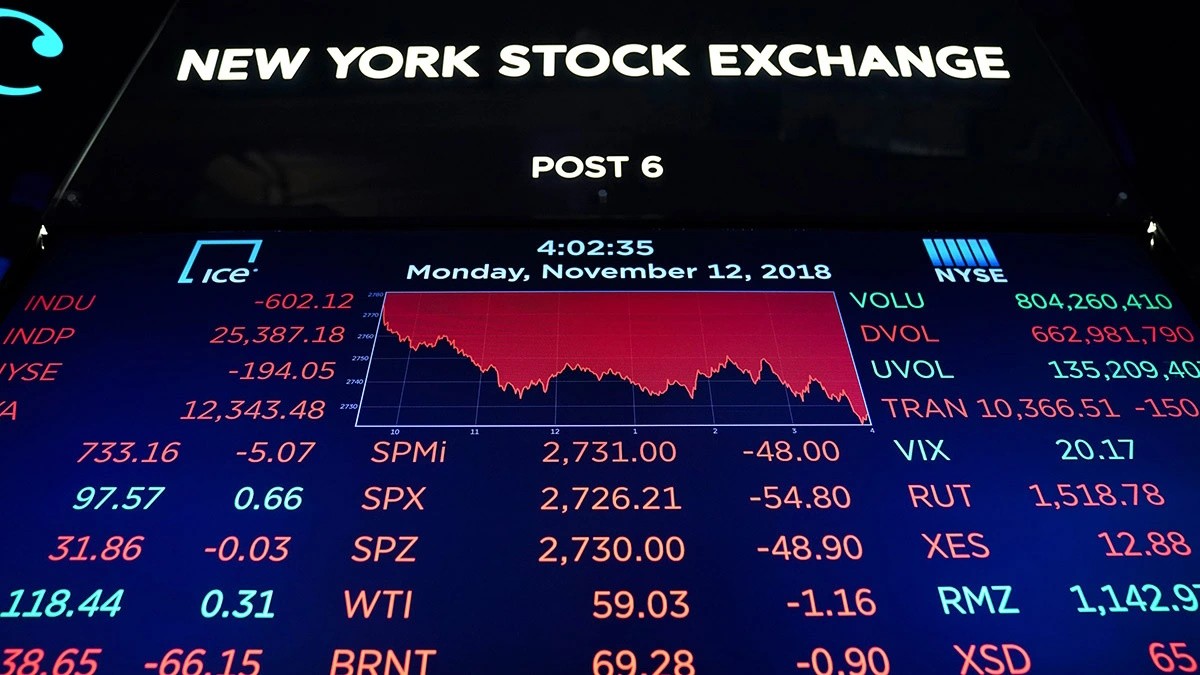
In equity-linked autocallables, the buyer effectively wagers against volatility, hoping that stock prices will rise little but steadily rather than fall sharply. A surge in structured products, such as autocallables, can be deceiving investors due to the low volatility of stocks.
You are not alone if you have recently purchased so-called structured items. But their seeming simplicity belies the fact that they pose a greater threat than the stock market as a whole, thanks to their immense appeal.
These investment products, which were once only available in Europe, are now dominating the market worldwide. The analytics company Structured Products Intelligence reports that U.S. sales reached a record $132 billion in 2023, up from $78 billion the previous year.
The most common kind are “autocallables,” which are very popular in Asia. There is a correlation between the price performance of the notes sold by banks and the price performance of an underlying asset, such the S&P 500. Customers will get hefty coupons if the index stays inside a specific range on specific dates. The loan is paid back once it surpasses a certain point. Plus, they often provide some kind of downside protection. In return for income and some additional security, investors forego potential gains from the stock market.
Less experienced savers, who might not normally deal with complicated derivatives, are typically enticed by the deal. When interest rates were close to zero, these products—which might earn 10% at times—became a tempting substitute for bonds and time deposits.
They bring in a lot of money for banks. Although Société Générale and BNP Paribas are well-known issuers from France, the global market share leaders are JPMorgan, Goldman Sachs, and Citi.
It may be surprising to hear that structured product sales have recently surged due to central banks tightening policies, especially considering the resurgence of competition from money market funds and deposit accounts. Reasons for this include the fact that bond yields have recently increased and that astute banks have redirected their derivatives departments to develop attractive notes centered on these bonds.
However, it’s partly due to the fact that stock market fluctuations have been minimal since the latter half of 2022. In equity-linked autocallables, the buyer effectively wagers against volatility, hoping that stock prices will rise little but steadily rather than fall sharply. Similar to other funds that have seen massive inflows since 2021, these products follow a “covered call” strategy. Two examples are the JPMorgan Equity Premium Income ETF and the Global X S&P 500 Covered Call ETF.
At a time when the world economy is more unpredictable than ever due to inflation, monetary policy, and geopolitical crises, the low volatility may appear unusual. This is where things get tricky: Structured products may be the cause of its decline.
The note-selling banks have been compelled to take the other side of their customers’ bets, according to the Bank for International Settlements’ quarterly report released on Monday. Trading desks have been actively hedging their bets by selling equities when they rise and purchasing them when they fall, a strategy called delta hedging. This has reduced long-term volatility, which in turn has made insurance against it more affordable. The widely followed Cboe Volatility Index, or Vix, has fallen as a consequence.
When the stock market is quiet, autocallables seem like a good investment. However, the market is quiet because investors are buying a lot of autocallables. Funds that bet against volatility directly in 2017 and 2018 also generated this feedback loop. Banks ceased hedging when a wave of selling broke the cycle, leading to an explosion in volatility and a precipitous decline in the market value.
To be true, the funds’ attempts to recoup their losses via wagers on even more volatility exacerbated the so-called volpocalypse. It is quite improbable that structured-product holders will do that.
The possibility that autocallable buyers are being overconfident is still an implication. Currently, the majority of notes are yielding their predicted returns and are being reinvested; nonetheless, it is possible that both purchasers and issuers are caught in a bubble of artificially reduced volatility. An early warning sign might be the money investors have been losing on Korean autocallables.
Furthermore, this proves that the Vix is not a reliable indicator of impending market turmoil for Wall Street in general. Low volatility leads to even lower volatility, according to Geoffrey Yu, a senior market analyst at BNY Mellon. Until the unexpected happens.

